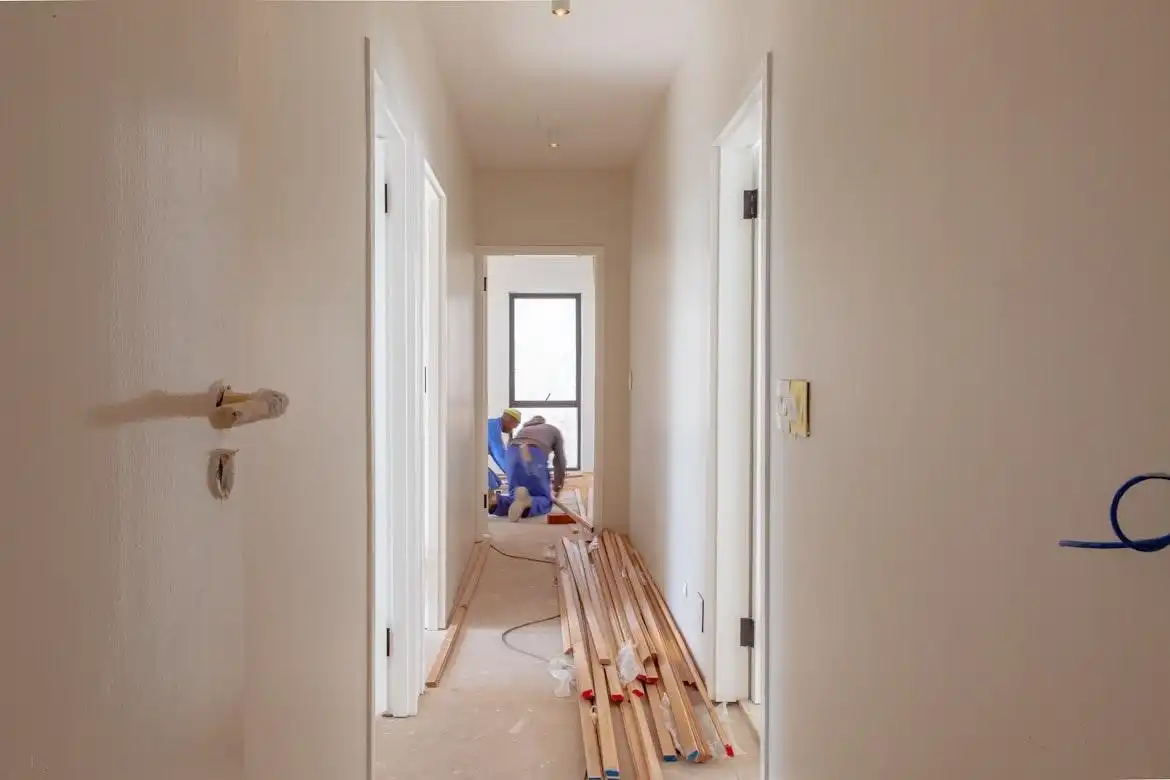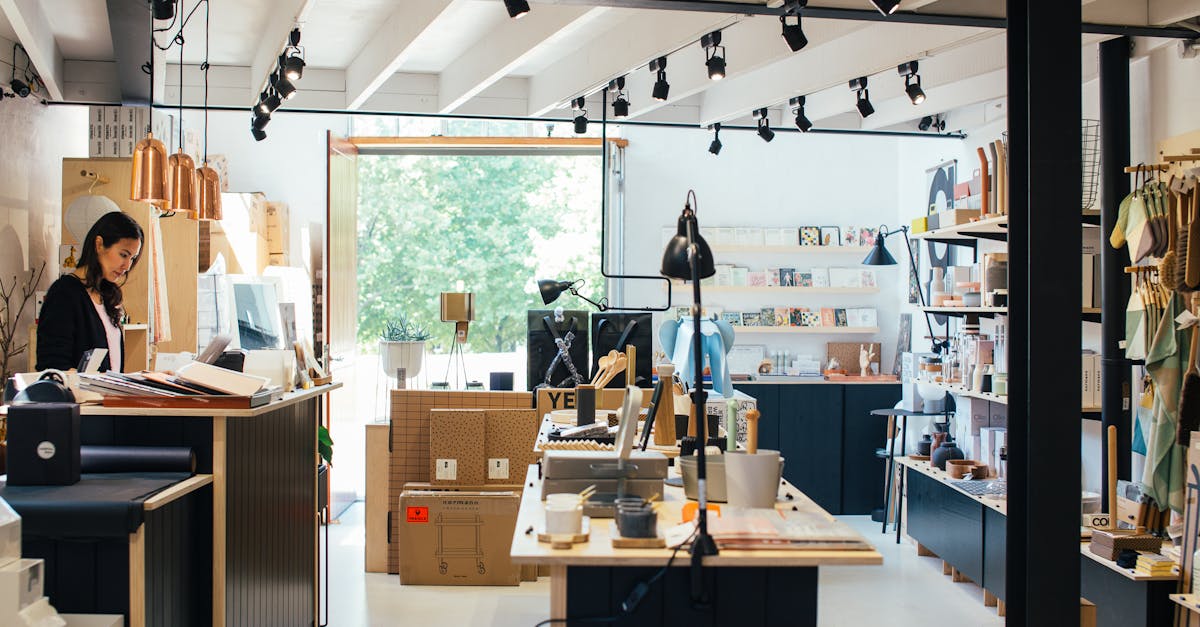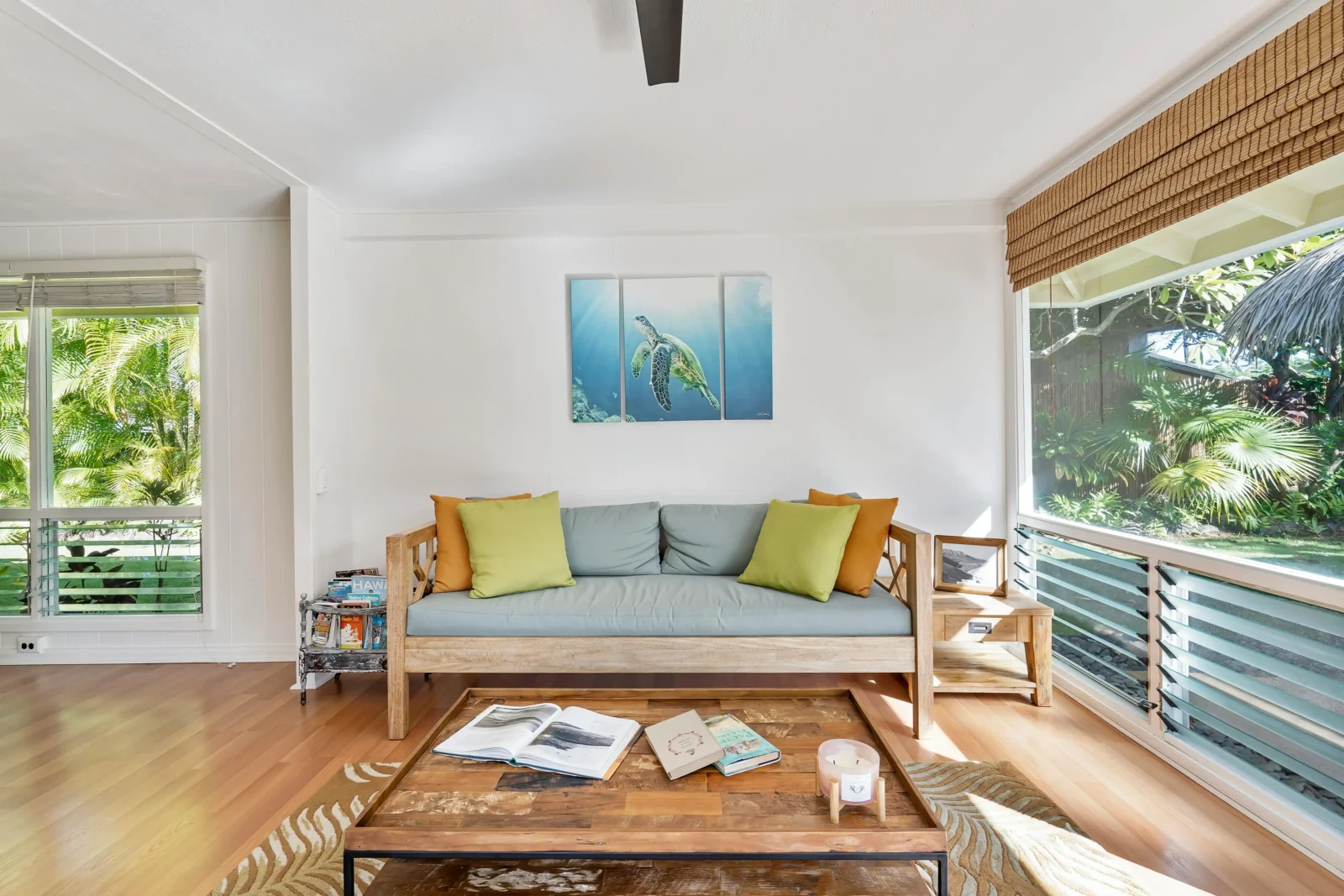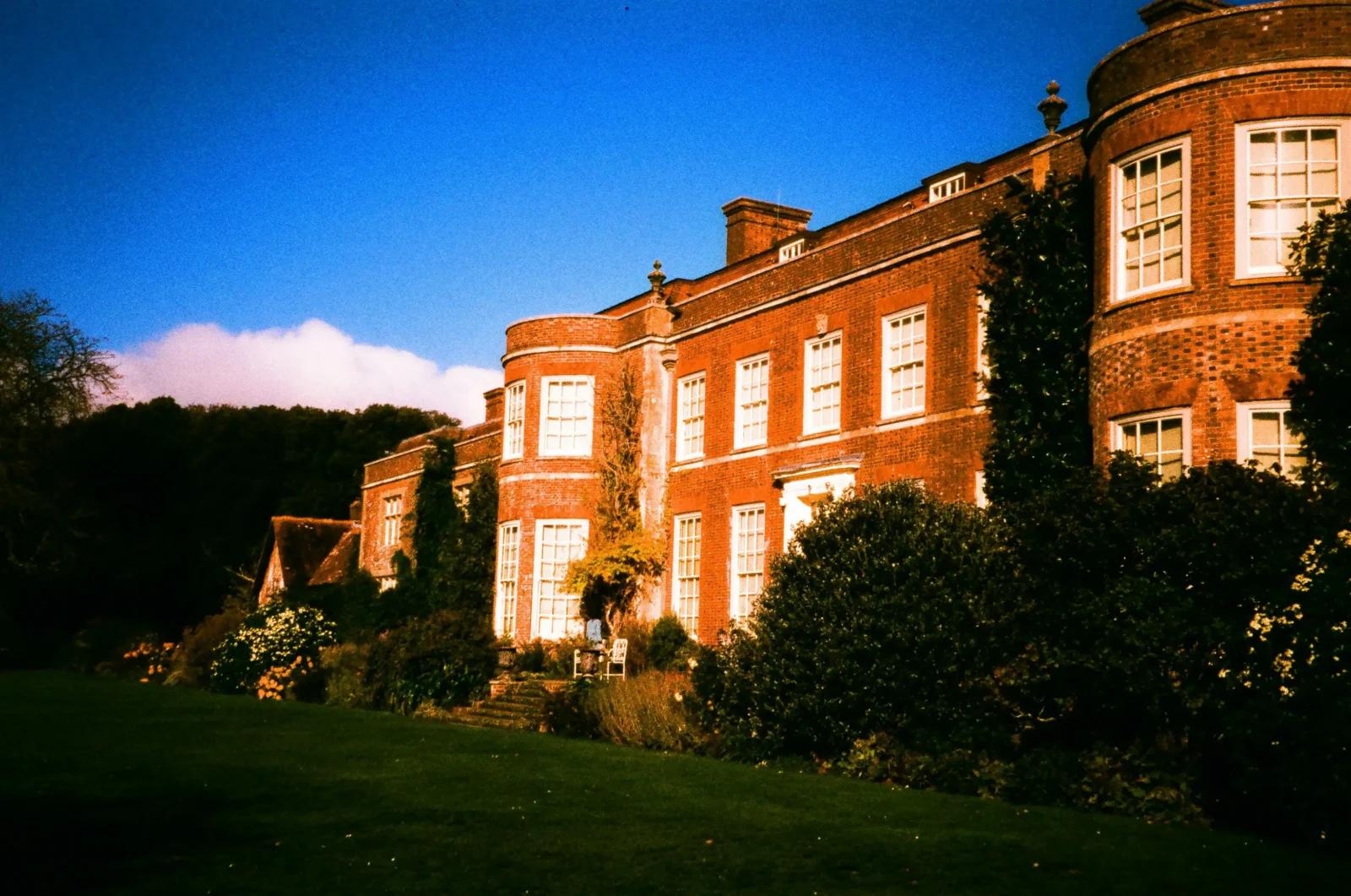- Home
- Articles
- Architectural Portfolio
- Architectral Presentation
- Inspirational Stories
- Architecture News
- Visualization
- BIM Industry
- Facade Design
- Parametric Design
- Career
- Landscape Architecture
- Construction
- Artificial Intelligence
- Sketching
- Design Softwares
- Diagrams
- Writing
- Architectural Tips
- Sustainability
- Courses
- Concept
- Technology
- History & Heritage
- Future of Architecture
- Guides & How-To
- Art & Culture
- Projects
- Interior Design
- Competitions
- Jobs
- Store
- Tools
- More
- Home
- Articles
- Architectural Portfolio
- Architectral Presentation
- Inspirational Stories
- Architecture News
- Visualization
- BIM Industry
- Facade Design
- Parametric Design
- Career
- Landscape Architecture
- Construction
- Artificial Intelligence
- Sketching
- Design Softwares
- Diagrams
- Writing
- Architectural Tips
- Sustainability
- Courses
- Concept
- Technology
- History & Heritage
- Future of Architecture
- Guides & How-To
- Art & Culture
- Projects
- Interior Design
- Competitions
- Jobs
- Store
- Tools
- More
Modern Renovation Trends Every Homeowner Should Know

Table of Contents Show
Home renovation has evolved from simple upgrades to highly personalized projects that reflect both lifestyle and sustainability goals. Today’s homeowners are no longer just refreshing outdated spaces, they’re designing homes that balance comfort, efficiency, and contemporary style. With innovations in materials, design technology, and eco-conscious solutions, the modern renovation landscape offers endless opportunities to reimagine living spaces. Whether you’re preparing your home for resale or creating a long-term sanctuary, understanding today’s renovation trends ensures your investment enhances both form and function.
Sustainability and Energy Efficiency Take Center Stage
Eco-friendly renovations continue to dominate homeowner priorities. As energy costs rise and environmental awareness grows, more families are seeking ways to reduce consumption and carbon footprint without sacrificing design appeal. Solar panels, insulated windows, and smart thermostats have become standard inclusions in modern renovation plans. Energy-efficient appliances and LED lighting not only lower monthly utility bills but also contribute to long-term savings.
Homeowners are also rethinking materials. Recycled wood, bamboo flooring, and low-VOC paints offer a sustainable yet stylish finish. Water-efficient fixtures, such as dual-flush toilets and low-flow showerheads, help conserve resources while maintaining performance.
When addressing exterior upgrades, sustainability often meets durability. Many homeowners work with top-rated roofing contractors who specialize in materials designed for longevity and energy efficiency. Reflective or “cool” roofing systems, for example, help regulate indoor temperatures and reduce heat absorption, cutting down on cooling expenses. These roofs, along with solar-ready options, represent a growing shift toward homes that are as environmentally responsible as they are aesthetically pleasing.

Smart Homes and Integrated Technology
Technology continues to redefine what modern living looks like. Smart home systems now integrate lighting, security, and climate control into unified platforms accessible through smartphones or voice commands. Motion sensors, automated blinds, and advanced alarm systems offer convenience and peace of mind while improving energy management.
Kitchen and bathroom renovations \ embrace innovation. Touchless faucets, induction cooktops, and smart appliances create efficient, hygienic environments that cater to contemporary needs. In entertainment areas, built-in sound systems and concealed wiring ensure a clean, minimalist aesthetic without compromising functionality.
As these systems become more affordable and user-friendly, smart home integration is no longer exclusive to luxury properties. Instead, it’s becoming a defining feature of modern renovation, merging practicality with cutting-edge design.
Open-Concept Layouts With Defined Functionality
The open floor plan remains a popular choice, but today’s homeowners are finding new ways to blend openness with privacy. Rather than removing all walls, many designs now focus on flexible spaces, areas that can easily shift between social and personal use.
Sliding doors, glass partitions, and movable walls provide versatility, allowing one room to serve multiple purposes throughout the day. For example, a dining area can double as a home office or creative space. The goal is balance: preserving the sense of spaciousness while maintaining zones that support productivity and relaxation.
Natural light plays a key role in these layouts. Large windows, skylights, and indoor-outdoor transitions create bright, inviting interiors that feel larger and more connected to nature. This approach aligns with the growing preference for homes that promote mental well-being and tranquility.
Minimalist Design With Warm Textures
Minimalism continues to influence modern renovation trends, but with a twist, today’s minimalist homes prioritize warmth and comfort over stark simplicity. Neutral tones dominate color palettes, while organic materials like wood, stone, and linen soften the aesthetic.
Homeowners are also embracing the “Japandi” style, a fusion of Japanese simplicity and Scandinavian functionality. This design philosophy emphasizes calm, uncluttered spaces filled with natural textures and subtle contrasts. Statement pieces, such as sculptural lighting or handcrafted furniture, add character without overwhelming the room.
Outdoor Living Spaces That Extend the Home
The boundary between indoor and outdoor living continues to blur. Homeowners are investing in patios, decks, and garden retreats that serve as extensions of interior spaces. These outdoor areas are designed for year-round enjoyment, equipped with weather-resistant furniture, heating elements, and outdoor kitchens.

Pergolas, gazebos, and fire pits add both functionality and charm, creating comfortable spaces for entertaining or unwinding. Landscaping has also become more purposeful, native plants, pollinator gardens, and sustainable irrigation systems enhance curb appeal while supporting environmental health.
Focus on Wellness and Mental Health
Homes are no longer just physical spaces, they’re emotional sanctuaries. The post-pandemic era has inspired homeowners to prioritize wellness in renovation projects. Calm color schemes, natural ventilation, and improved indoor air quality all contribute to a healthier living environment.
Spa-inspired bathrooms are one of the most sought-after upgrades. Rain showers, soaking tubs, and aromatherapy diffusers transform ordinary bathrooms into personal retreats. Similarly, fitness areas and yoga studios are becoming standard features, allowing residents to maintain physical health without leaving home.
Multi-Functional and Adaptive Spaces
As lifestyles evolve, flexibility in home design has become essential. Remote work, hybrid learning, and changing family dynamics have driven demand for spaces that can adapt easily. Convertible rooms with modular furniture and hidden storage solutions make it possible to shift layouts effortlessly.
For example, a guest bedroom can function as a study during the day and a playroom on weekends. Built-in cabinetry, foldaway desks, and adaptable lighting help optimize limited square footage without sacrificing comfort or aesthetics.
By blending technology, craftsmanship, and environmental awareness, homeowners can achieve transformations that are not only stylish but meaningful. The modern home is more than a place to live, it’s a reflection of balance, creativity, and a forward-thinking approach to everyday comfort.
illustrarch is your daily dose of architecture. Leading community designed for all lovers of illustration and drawing.
Submit your architectural projects
Follow these steps for submission your project. Submission FormLatest Posts
Home Renovation Costs in 2026: An Architectural Guide to Budgeting and Design
Home renovation costs in 2026 reflect more than material prices and labor...
Home Renovation Costs 2025–2026: Average Prices & Budget Guide
Home renovation costs in 2025–2026 range from $20,000 to $150,000 depending on...
Planning Repairs That Protect Your Investment
Table of Contents Show Why Roof Repair is Important for Protecting Your...
How to Renovate a Large Fancy House
Table of Contents Show Planning and BudgetingHome Renovation ServicesDesign ElementsTechnology IntegrationOutdoor SpacesFinishing...












Leave a comment